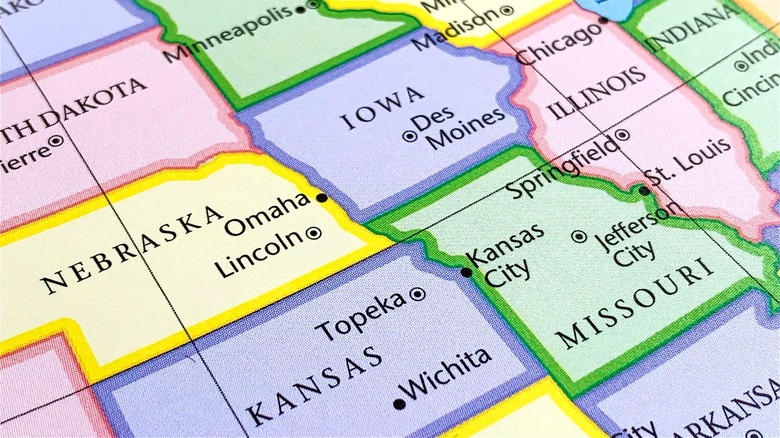Which States Allow Sports Betting?
Ever since the Supreme Court overturned the Professional and Amateur Sports Protection Act (or PAPSA) in 2018, sports betting in the U.S. has been on the rise. While PAPSA had effectively limited sports betting to Nevada since 1992, many states wasted no time joining in once it was struck down. There's been a steady stream of states legalizing sports betting since and, as of 2024, 38 states and the District of Columbia have legalized it. It's also worth mentioning that since 2018, the legislature of almost every single U.S. state has at some point introduced sports betting legalization legislation (even if the state didn't ultimately end up legalizing it).
Despite some key holdouts, the majority of U.S. states now allow for sports betting (you might even be surprised to learn which states have the highest sports betting revenue). However, even among the 38 states that have legalized sports betting, there's a wide variety of what, exactly, that betting looks like. For instance, only 30 of those states allow for mobile sports betting, which means residents can utilize online or mobile sportsbooks to place bets, while 36 states allow for physical in-person retail sports betting. This variety can make it hard for people to keep track of how and where to place their bets, especially in states that have faced legal issues with their sports betting rollouts (one example is Florida, which currently only allows for mobile sports betting due to ongoing conflicts surrounding the state's preexisting tribal sports betting agreement).
Sports betting holdouts
Since most states have legalized sports betting, it's actually easier to discuss the states that still haven't. While there's no denying that sports betting can have a significant impact on the economy, just how positive that impact is can vary quite a bit depending on the state, legalization terms, and existing gambling industries (such as tribal gambling). This has pushed several key states to either resist bringing legislation forward or flat-out vote against legalizing sports betting altogether.
Perhaps the two biggest holdouts are California and Texas, which are, coincidentally, also the two most populated states in the entire country (combined, they account for almost 21% of the country's population). While Texas' holdout is largely legislative (its lieutenant governor, Dan Patrick, has successfully blocked bills on the topic), the people of California voted down two ballot initiatives to legalize sports betting in 2022. However, the massive population of both states (and the amount of potential money that this population represents) guarantees the gambling industry will continue lobbying for legalization.
The complete list (as of 2024) of U.S. states that haven't legalized sports betting reads California, Texas, Idaho, Utah, Minnesota, Missouri, Alabama, Georgia, South Carolina, Oklahoma, Alaska, and Hawaii. Of these states, just two, Idaho and Utah, have flat-out refused to bring any legislation forward on the issue, and their legislatures aren't expected to broach the topic anytime soon. Note that Utah doesn't even allow for a state lottery, so the premise of introducing sports betting in the state is far-fetched at best.
Which states are next
While some states, like the previously mentioned Idaho and Utah, are unlikely to legalize sports betting anytime soon, other states could join the ranks of legalization much sooner. For instance, in February 2024, Georgia lawmakers were able to pass Senate Resolution 579, which moved the state one step closer to a statewide vote on legalizing sports betting. However, the legislature has already disbanded for the year and won't meet again until January 2025, meaning it could take a while to move forward.
Another state with the potential to soon legalize sports betting is Missouri, which has faced a slow legislative process, too. While House Bill 2331 finally made its way through committee in February 2024, many Missourians were tired of waiting. As a result, a coalition collected signatures on behalf of their Winning for Missouri's Education ballot initiative (the campaign for this initiative has been largely funded by FanDuel and DraftKings). As of the May 2024 deadline, they had collected well over the required 100,000 signatures required, meaning it will more than likely move to the ballot to allow voters to decide on sports betting legalization.
It is also worth mentioning that the states that currently have some form of legalization could still decide to expand on their current offerings. For instance, six states currently offer retail-only sports betting (Mississippi, Montana, Nebraska, New Mexico, North Dakota, and South Dakota), leaving open the possibility of legalizing mobile or online sports betting at a later date. (See our guide on mistakes new users often make on sports betting apps.)


